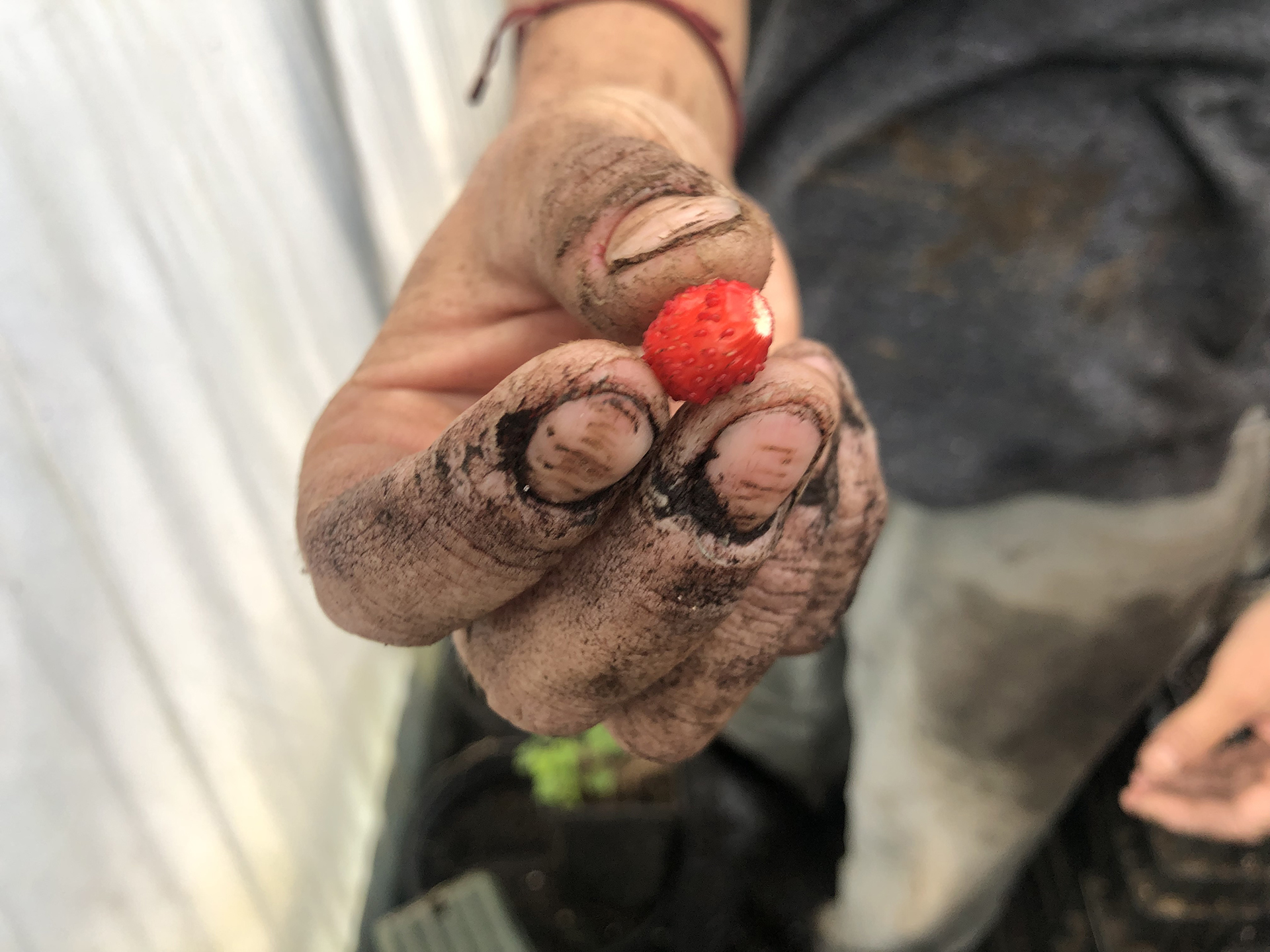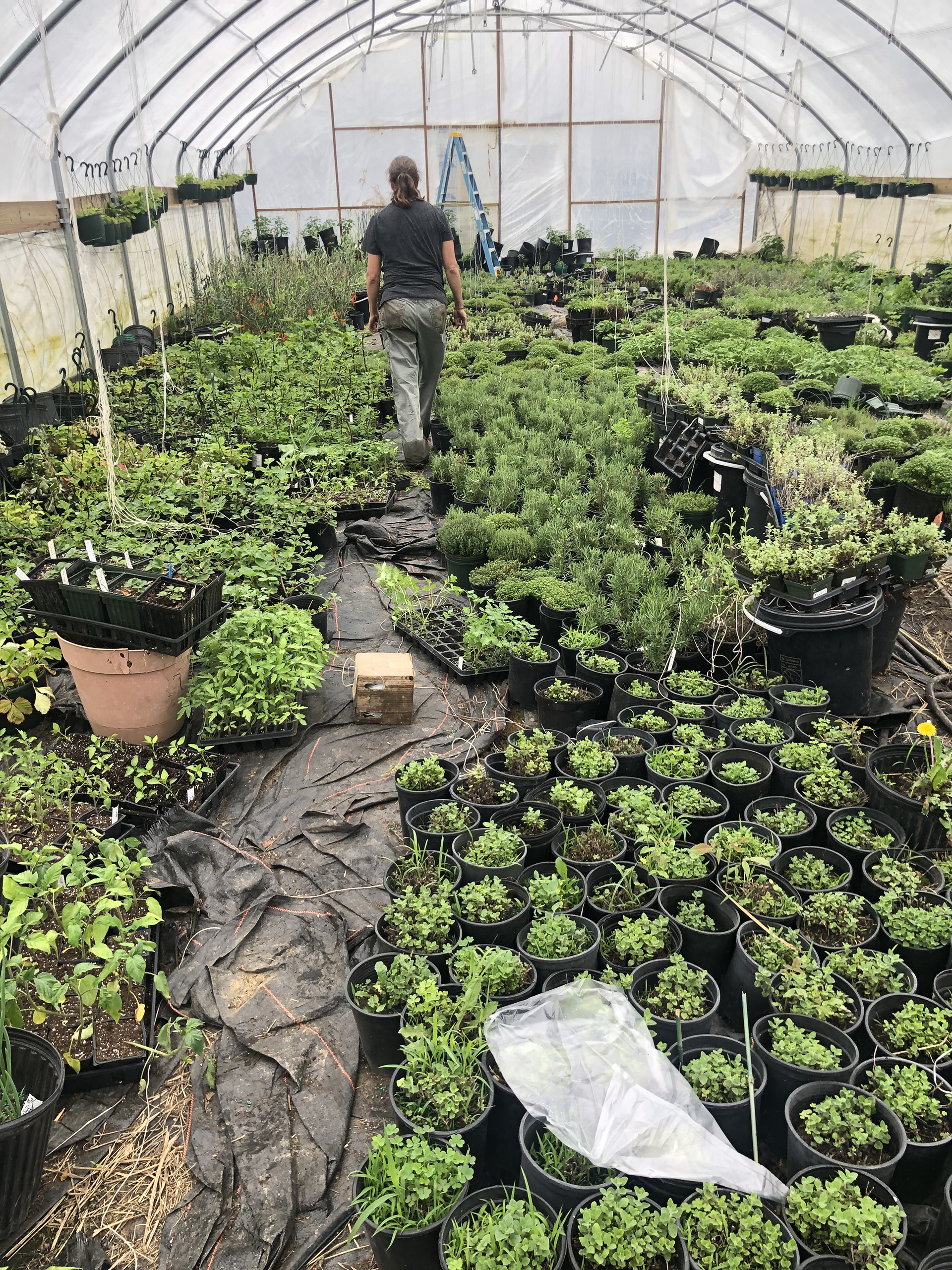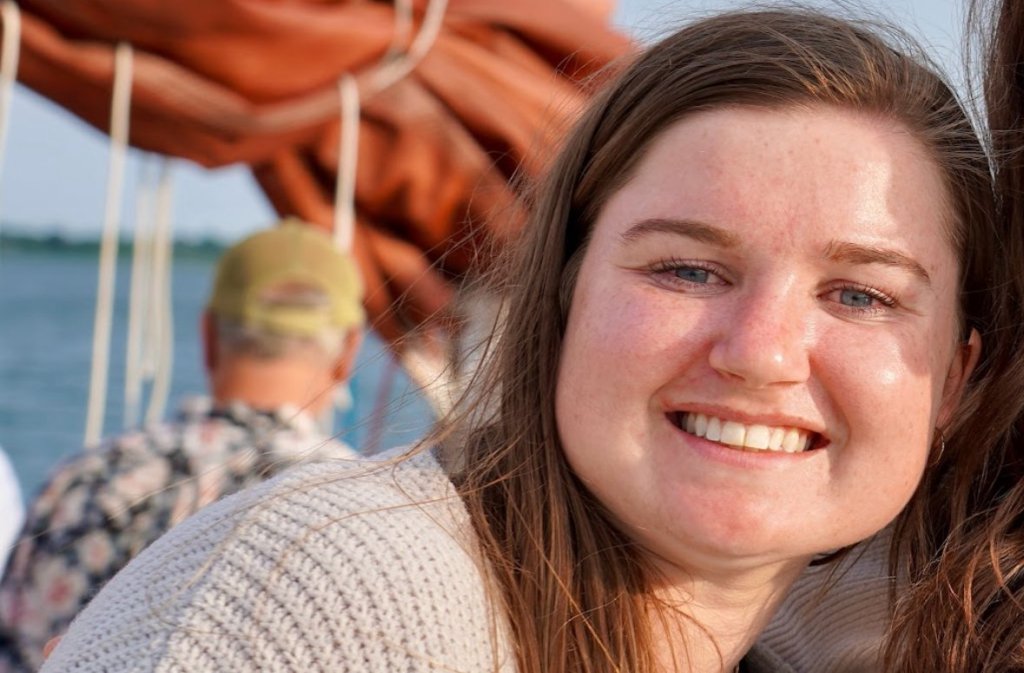Biodiversity: Saving The Seeds


Seeds, both actual and those of change, are being sown and germinated throughout the twin forks as the 2019 growing season ramps up.
But the area’s biggest names in gardening have one word in the forefront of their thoughts: Biodiversity. It’s a big idea, a buzzword that stresses the importance of varied forms of life, including the types of seeds we plant in our gardens.
To those like North Forker Steph Gaylor of Invincible Summer Farms and the Salt of the Earth Seed Company, the term biodiversity can represent a commercial bottleneck that keeps the masses ignorant of the many thousands of choices they could be making when they make their garden beds on the East End.
“People think the biggest problem is GMOs, but it’s not. The biggest problem is shrinking diversity,” said Gaylor, who currently propagates, grows, and saves seeds from thousands of types of fruits, vegetables, and herbs from around the world in Southold. “Everybody has Sun Gold, everybody has Fairy Tale,” she said of well-known eggplant and tomato varieties, “but they’re controlled by one company, so when you see that seed in Johnny’s and Burpee and wherever, they’re all getting it from one person.”
Gaylor said the lack of transparency about the origin of seeds is something she and other area seed savers are fighting against as they seek to educate the public about the importance of keeping our food sources varied.
One needs only to look to Ireland’s mid-19th Century “Great Famine,” or to the reason why purebred dogs often have a host of health issues, to understand the seriousness of the argument.

Biodiversity is a cornerstone of evolution and it tells us the more uniform our seed stock, the more vulnerable those plants will be to blight, while our dinner tables become less and less interesting.
On a recent walk around Invincible Summer Farms’ unbelievably varied greenhouses just off Route 48 in Southold, Gaylor continued to provide samples from seeds that aren’t available to the general public, such as Pineapple Crush strawberries that taste exactly like, you guessed it, pineapples.
“Farmers are driven by what their consumer will buy, so if the consumer is not educated, then the farmer is stuck between a rock and a hard place,” Gaylor said of why she and others like her are trying to get a conversation going regarding the importance of finding and saving lesser known varieties of plants. “It’s incumbent upon everyone to start this conversation,” she emphasized.
Gaylor is currently planning a series of town hall talks to discuss the importance of biodiversity on the East End after two events in recent weeks sponsored by the Long Island Regional Seed Consortium — One, a “seed swap” held at Suffolk County Community College’s Eastern Campus on March 10, and the second a panel made up of North Fork farmers discussing both its challenges and importance at the former Grange Hall in Northville on March 16. She hopes folks will stay tuned for more talks on the subject.
“We have to have a conversation about what is wrong with the system because right now biodiversity is just a catch phrase,” she said. “If I show you all of this stuff and then say, ‘Well, you can’t buy this because nobody else has it; you can’t get this in a grocery store; a farmer’s not going to grow this because it’s not available . . . that’s biodiversity.”
She likened it to when someone asks, “What does the last Polar Bear really mean? You don’t know until you see it.”
gianna@indyeastend.com



